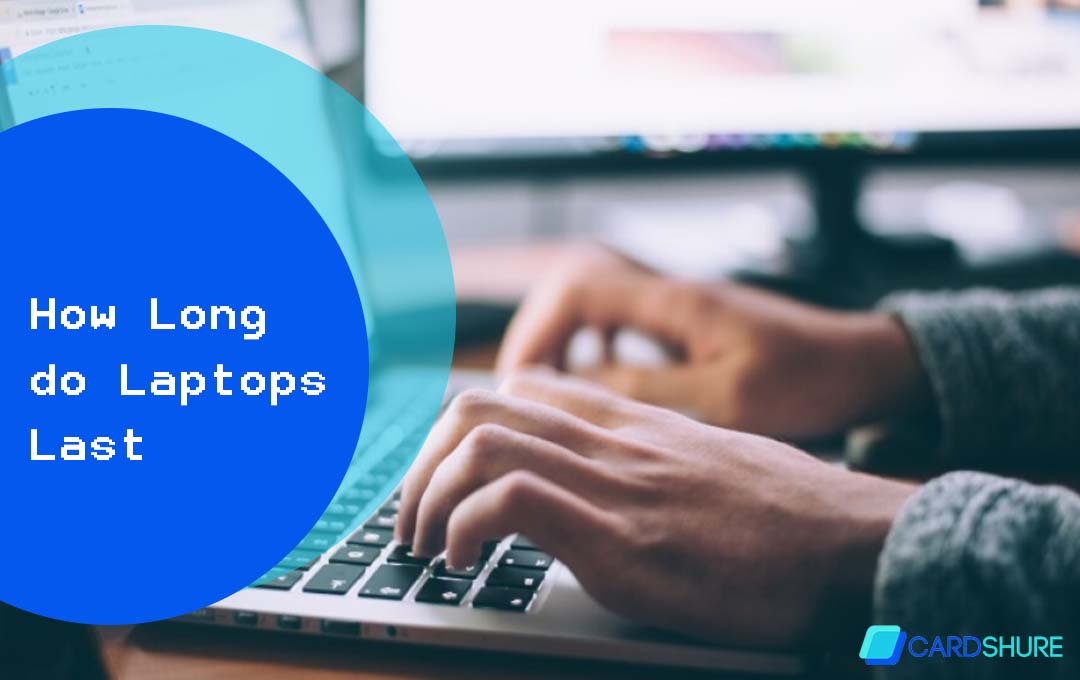Embarking on the journey of purchasing a laptop can often feel like navigating through a dense forest, with numerous paths each leading to different destinations. My voyage in the realm of laptops has been marked by a series of learning curves, exhilarating discoveries, and, admittedly, a few missteps. One crucial lesson that stood out amidst these experiences was understanding the longevity of these devices. How long a laptop lasts isn’t just a question of durability; it’s a complex interplay of technology, usage, and care.

I’ll share insights into the lifespan of laptops, exploring factors that influence their longevity and offering guidance on how you can extend the life of your device. Whether you’re a student, a professional, or someone who enjoys the digital comforts of home, understanding the life expectancy of your laptop can empower you to make informed decisions and maximize your investment.
Average Lifespan of Laptops
The lifespan of a laptop can be somewhat nebulous, varying significantly based on the brand, model, build quality, and, importantly, how it’s used and maintained. On average, you can expect a laptop to last anywhere from three to five years. High-end models, when well-maintained, can push the upper limits of this range, offering service for six years or more. However, it’s not just about how long the device continues to function; it’s also about how well it meets the evolving demands of software and user needs.
Factors That Influence Lifespan
Several key factors play a pivotal role in determining how long a laptop will effectively serve your needs:
Build Quality: Premium laptops constructed with high-quality materials generally offer a longer lifespan than their budget counterparts.
Hardware Specifications: Devices equipped with high-end components tend to remain relevant and perform well for a longer period, even as software requirements escalate.
Usage Patterns: Intensive tasks like gaming, video editing, or continuous heavy application usage can accelerate wear and tear.
Maintenance and Care: Regular maintenance, including cleaning and software updates, can significantly extend a laptop’s life.
Battery Life: The battery is often the first component to degrade. A laptop’s battery typically starts losing its capacity after 1-2 years of regular use.
Technological Advancement: The pace of technological innovation can render a laptop obsolete if its hardware can’t support the latest software and applications.
Maximizing Your Laptop’s Lifespan
While the inherent lifespan of laptops is bound by certain limitations, there are proactive steps you can take to ensure your device serves you well for as long as possible:
Regular Cleaning: Dust accumulation can lead to overheating, which in turn reduces the lifespan of the components. Regularly clean the keyboard, and screen, and open the case to dust the internals if you’re comfortable doing so.
Software Management: Keep your operating system and applications up to date. Uninstall software that you no longer use to keep your system running smoothly.
Battery Care: To prolong battery life, avoid keeping your laptop plugged in at all times. Allow the battery to discharge to around 20-40% before plugging it in.
Physical Care: Protect your laptop from physical shocks, extreme temperatures, and humidity. Using a protective case can prevent accidental damage.
Consider Upgrades: Some laptops allow you to upgrade components like RAM or storage. Doing so can breathe new life into an aging device, extending its relevance and lifespan.
Professional Servicing: If you’re experiencing issues, consider professional servicing instead of immediately opting for a replacement. Sometimes, a simple part replacement can significantly extend a laptop’s life.
Recognizing When It’s Time for a Change
Even with the best care and intentions, there comes a time when a laptop reaches the end of its useful life. Recognizing this point is crucial to avoid frustrations and inefficiencies. If your laptop struggles with basic tasks, can’t run necessary software, or needs frequent repairs, it may be time to consider a replacement.
In conclusion, the question of how long laptops last doesn’t have a one-size-fits-all answer. It’s a function of various factors, including build quality, usage habits, and maintenance. By understanding these factors and taking proactive steps to care for your device, you can ensure that your laptop remains a faithful companion on your digital journey for as long as possible. And when the time comes to part ways, you can do so knowing you’ve maximized your investment and are ready to embrace the next chapter in the ever-evolving story of technology.
